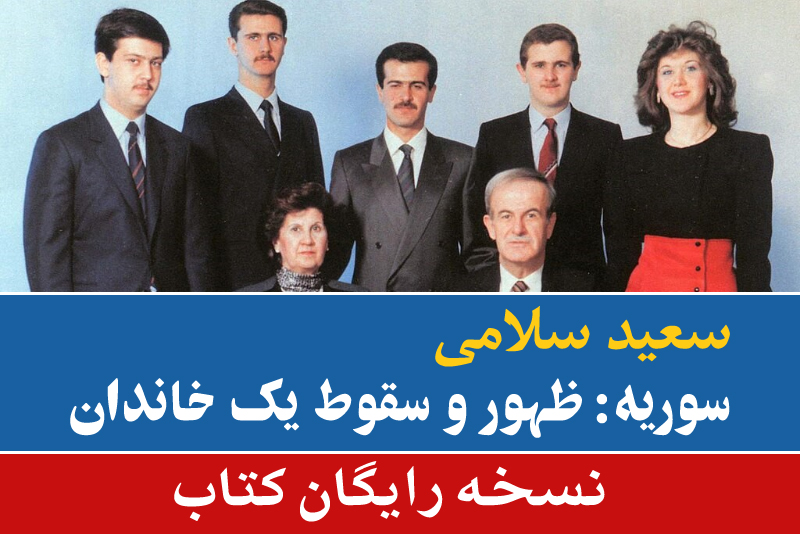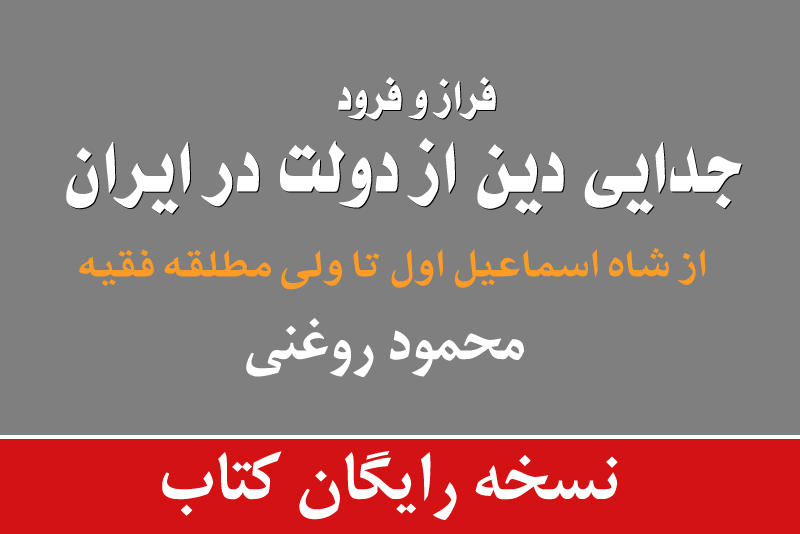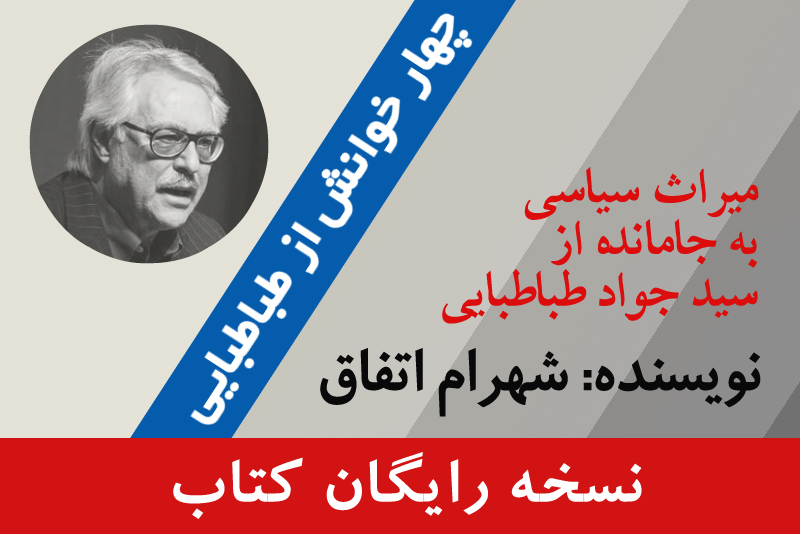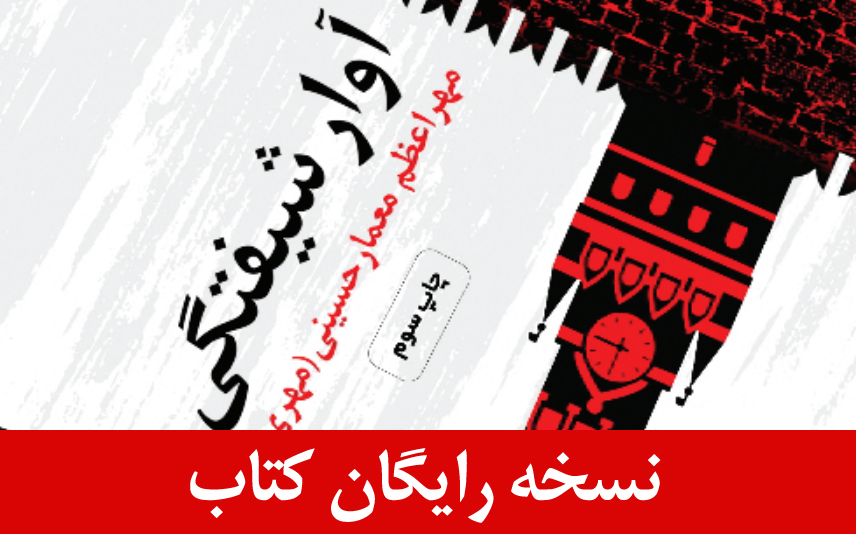| صفحه نخست | خبر و گزارش | سياست | انديشه | فرهنگ و ادبيات | زندگی | محیط زیست | RSS |
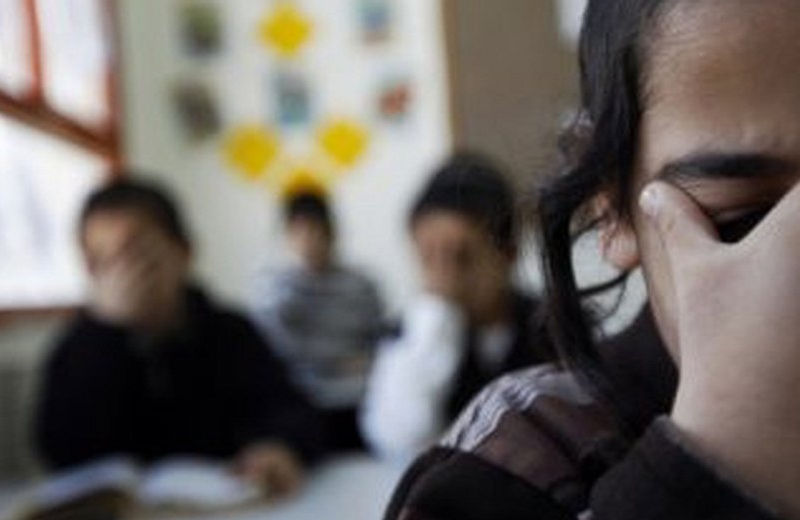
سازمان دیدبان حقوق بشر:
کشورهای خاورمیانه به تنبیه بدنی کودکان پایان دهند
رادیو فردا: دیدبان حقوق بشر با ارائه شاخص جدیدی از وضعیت «تنبیه خشونتآمیز کودکان» بر اساس قوانین و سیاستها در کشورهای خاورمیانه و آفریقای شمالی، از این کشورها خواست که اینگونه اقدامها علیه کودکان را غیرقانونی اعلام کنند.
این نهاد در گزارش تازهای مینویسد که بررسیها نشان میدهد کشورهای منطقه خاورمیانه و آفریقای شمالی دارای بیشترین میزان تنبیه بدنی در جهان هستند.
بر اساس این بررسیها در کشورهایی مانند مصر، مراکش و تونس بیش از ۹۰ درصد کودکان حداقل یک بار در ماه تنبیه بدنی میشوند. در قطر که داری کمترین میزان تنبیه بدنی در منطقه است، این آمار به ۵۰ درصد میرسد.
دیدبان حقوق بشر با بررسی وضعیت ۱۹ کشور در این منطقه دریافته است که بیشتر این کشورها فاقد قوانین لازم برای پایان دادن به تنبیههای خشونتآمیز علیه کودکان هستند و برخی از آنها حتی قوانینی دارند که به صراحت این موضوع را مجاز میشمارد.
این مطالعه همچنین شامل اطلاعات مربوط به تنبیه کودکان در مدارس است. بر اساس این بررسی، ۱۰ کشور این منطقه تنبیه کودکان را تنها با استفاده از سیاست، اما نه بر اساس قانون منع کردهاند و این باعث اجرای ناقص مقررات در این باره شده است.
احمد بن شمسی، مدیر ارتباطات و حمایت از خاورمیانه و آفریقای شمالی در دیدبان حقوق بشر میگوید: «در بسیاری از کشورهای منطقه خاورمیانه و آفریقای شمالی، خشونت وقتی جرم شناخته میشود که درباره یک فرد بزرگسال اتفاق افتاده باشد، اما وقتی قربانی آن یک کودک است، به عنوان یک اقدام آموزشی قلمداد میشود.»
آقای بن شمسی تاکید میکند که «پایان دادن به تنبیه بدنی یک مزیت بزرگ برای کودکان و جوامع آنها بهشمار میرود و از همین حالا باید پایان یابد.»
دیدبان حقوق بشر با اشاره به ممنوعیت تنبیه بدنی کودکان و حق تحصیل آنها در محیطی عاری از خشونت تاکید میکند که این گونه مجازات باعث درد، رنج و تحقیر کودکان میشود و به رشد و موفقیت آموزشی، هم چنین بهداشت روانی آنها آسیب میزند.
این گزارش تأکید میکند که بر اساس مطالعات انجامشده، یک گام اساسی برای پایان دادن به تنبیه بدنی، غیرقانونی شمردن آن و اجرای دقیق قانون است.
۶۲ کشور تاکنون تنبیه بدنی را در همه زمینهها منع کردهاند و ۲۷ کشور نیز متعهد به انجام این کار شدهاند.
دیدبان حقوق بشر وضعیت کشورهای خاورمیانه و آفریقای شمالی در مورد تنبیه بدنی بر اساس قوانین و سیاستهای آنها را در سه شاخص با رنگهای سبز، زرد و قرمز تعریف و طبقهبندی کرده است.
گروه کشورهای سبز شامل مواردی است که در آییننامههای کیفری آنها به روشنی، تنبیه بدنی در همه موارد، ازجمله در مدرسه و خانه منع شده است.
از ۱۹ کشور منطقه خاورمیانه و آفریقای شمالی، فقط تونس و اسرائیل، تنبیه بدنی را در همه شرایط غیرقانونی اعلام کردهاند.
گروه زرد شامل کشورهایی است که با اتخاذ سیاستهایی، مجازات بدنی را در مدارس ممنوع کردهاند، اما در قوانین آنها این عمل به روشنی ممنوع نشده است. قطر جزو این کشورهای به شمار میرود.
گروه قرمز هم شامل کشورهایی مانند مراکش و ایران است که قانون کیفری به صراحت تنبیه خشونتآمیز کودکان را چه در خانه و چه در مدرسه از هرگونه مجازات معاف کرده است.
به گزارش بانک جهانی و برنامه توسعه سازمان ملل، نیمی از جمعیت خاورمیانه و شمال آفریقا کمتر از ۲۴ سال سن دارند، این در حالی است که این منطقه از میانگینهای جهانی در زمینه پیشرفت تحصیلی، موفقیت و دسترسی عادلانه به امکانات عقب است.
دیدبان حقوق بشر تاکنون به ۲۵ مقام در این منطقه درباره قانونمند کردن منع تنبیه کودکان نامه نوشته است. تاکنون تنها وزارت آموزش و پرورش شش کشور به این نامه پاسخ دادهاند.
در ۱۰ كشور با وجود مقررات منع تنبیه خشونتآمیز کودکان اين ممنوعيتها فاقد پشتوانه قانونی است. قوانین ۱۳ کشور هم به صراحت تنبیه کودکان را به عنوان یک اقدام تربیتی مجاز میشمارد.
For Immediate Release
Middle East/North Africa: End Violent Punishment of Children
Human Rights Watch Introduces Country Index Based on Laws, Policies
(Beirut, May 10, 2021) – Governments in the Middle East and North Africa (MENA) should outlaw the violent discipline of children, Human Rights Watch said today, introducing an index categorizing countries in the region based on their laws and policies.
The MENA region has some of the highest levels of corporal punishment in the world. Surveys have found that more than 90 percent of children suffer physical punishment at least once a month in countries like Egypt, Morocco, and Tunisia, while the lowest rate – 50 percent – was in Qatar. Human Rights Watch analyzed the situation in 19 countries, finding that most lack the laws needed to end violent disciplinary punishment, while some have laws that explicitly permit it. The analysis includes information on violent discipline at schools, where 10 countries prohibit the practice by policy but not by law, leaving the ban ill-enforced.
“In many countries in the Middle East and North Africa, assault is a crime when the victim is an adult but excused as if it were ‘educational’ when the victim is a child,” said Ahmed Benchemsi, Middle East and North Africa communications and advocacy director at Human Rights Watch. “Ending corporal punishment will be a huge benefit to children and their societies, and it should end now.”
Violent punishment of children causes unnecessary pain and suffering, is degrading, and harms children’s development, educational success, and mental health, Human Rights Watch said. All corporal punishment is prohibited under international law, and all children have the right to an education in an environment free from violence.
A key step to ending corporal punishment is to outlaw the practice and rigorously enforce the law, studies have found. Globally, 62 countries have already prohibited corporal punishment in all settings and 27 more have pledged to do so.
Based on their laws and policies on corporal punishment, Human Rights Watch’s index categorizes Middle Eastern and North African countries as green, yellow, or red. The green category includes countries with criminal codes that clearly prohibit corporal punishment in all cases, including at school and at home. Of the 19 countries assessed in the MENA region, only Tunisia and Israel have outlawed corporal punishment in all settings. Following these examples, other governments should make the legal changes needed to protect children.
The yellow category includes countries with policies that ban corporal punishment in schools, but laws do not clearly ban the practice, such as Qatar. The red category includes countries where the criminal code explicitly exempts so-called “disciplinary” violence against children from any penalty, whether at home or at school, such as Morocco.
Other important measures governments should take include public-information campaigns on the harm caused by violent discipline, and training for teachers, parents, and caregivers in positive, non-violent methods of discipline. These steps helped dramatically reduce corporal punishment in other regions where it used to be widely accepted, including Europe, as reflected in the expression, “Spare the rod and spoil the child.” In the MENA region, traditional expressions that parents might say to a child’s teacher include, “The meat is yours but leave the bones for us,” “I give you meat and you prepare it for me,” and “You kill, and I bury.”
Decades of studies have linked violent discipline to increases in suicidal thoughts, anxiety, domestic violence, criminality, and school drop-outs. Violent discipline by parents, caregivers, and teachers easily spirals out of control, and beatings kill thousands of children each year.
Far from improving children’s behavior, corporal punishment leads to worse educational outcomes, even for children who stay in school, and to increased aggression and violence.
Ending corporal punishment in schools can lead to increased attendance, lower drop-out rates, better learning outcomes, and higher rates of transition to higher levels of education. Half the population in the Middle East and North Africa is younger than 24, but the region lags behind global averages on educational attainment, achievement, and equitable access, according to the World Bank and the UN Development Programme. Several governments in the region have identified education as a national priority but failed to outlaw corporal punishment at schools, Human Rights Watch said.
Human Rights Watch wrote to 25 authorities in the region. Six education ministries responded. In the 10 countries where education ministry regulations or other policies prohibit violent discipline, these prohibitions lack the force of law, or are not enforced by sanctions. The laws of 13 countries explicitly permit violent discipline of children in the home.
Human Rights Watch will update and revise the index’s country categorizations as new information becomes available. The analysis cites data about the prevalence of violent discipline in schools and in the home, but not all data are comparable across countries. The lack of data also shows that violent discipline is not adequately monitored.
“Corporal punishment impedes the happy and healthy development of children to their fullest potential, and is an enemy to their education,” Benchemsi said. “Children in the Middle East and North Africa deserve more, not less, protection from assault, and schools that are safe places to learn.”
For more information, please contact:
In North Africa, Ahmed Benchemsi (English, French, Arabic): +1-929-343-7973 (mobile); or .(JavaScript must be enabled to view this email address). Twitter: @AhmedBenchemsi
In Berlin, Bill Van Esveld (English): +1-917-535-3647 (mobile); or .(JavaScript must be enabled to view this email address). Twitter: @billvanesveld
In New York, Jo Becker (English): +1-914-263-9643 (mobile); or .(JavaScript must be enabled to view this email address). Twitter: @jobeckerhrw
|
| |||||||||||||
|
ايران امروز
(نشريه خبری سياسی الکترونیک)
«ايران امروز» از انتشار مقالاتی كه به ديگر سايتها و نشريات نيز ارسال میشوند معذور است. استفاده از مطالب «ايران امروز» تنها با ذكر منبع و نام نويسنده يا مترجم مجاز است.
Iran Emrooz©1998-2025 | editor@iran-emrooz.net
|

